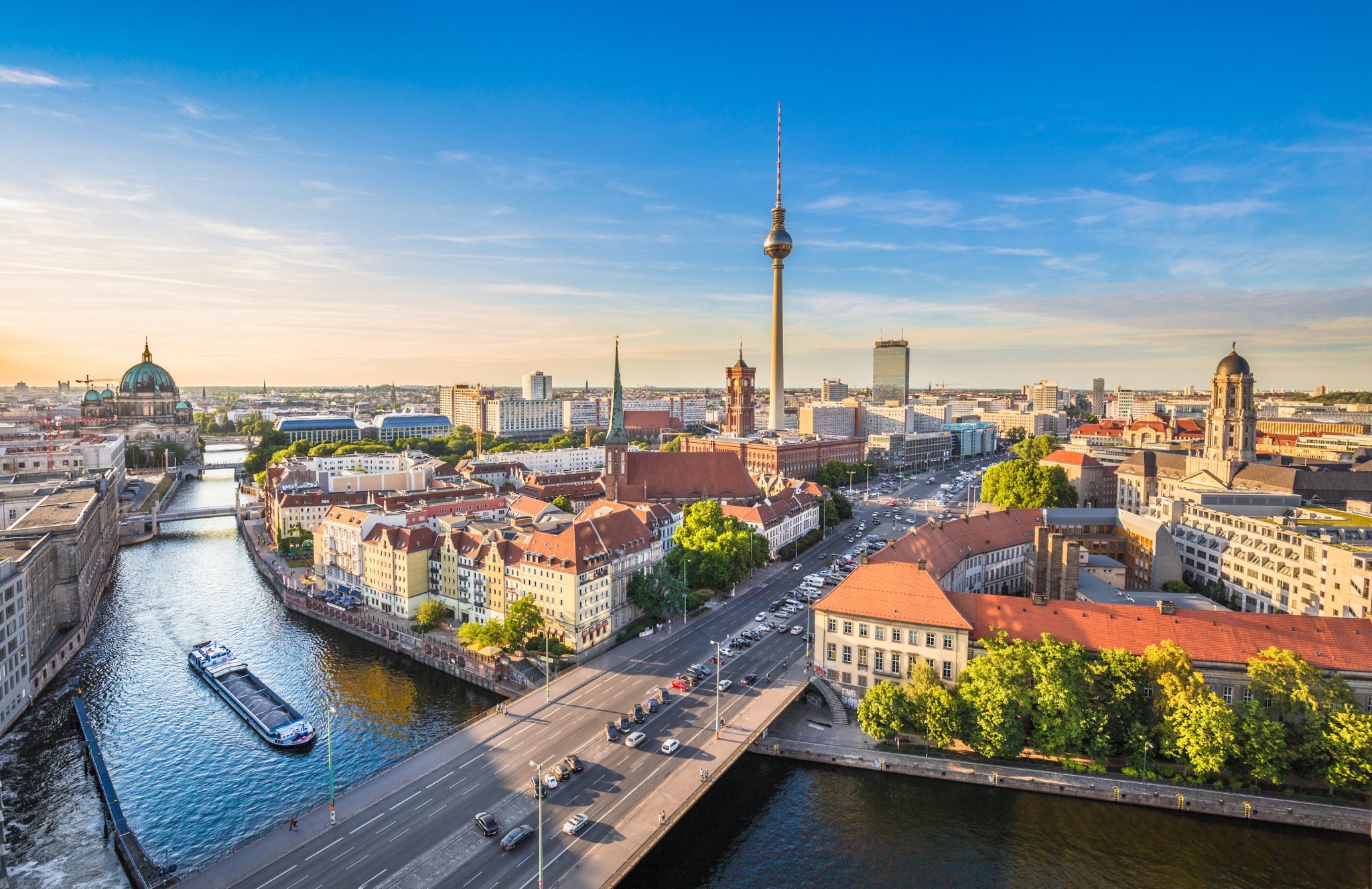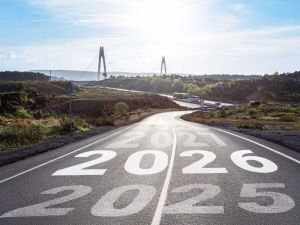Chancellor Angela Merkel has won a fourth term in the German election, although this was the worst result for centre-right Christian Democratic Union in almost 70 years, as many voters defected from mainstream parties to the political fringe.
Merkel’s centre-right CDU-led alliance won just 33% of the vote, according to exit polls, which will put pressure on Merkel as she tries to strengthen her position as a key figure at a crucial time in German and European politics.
Alternative für Deutschland (AfD) came third with 13% of the vote. The party may have just won its first seats in Parliament, but leader Frauke Petry has announced a shock split from the party – a sign there are deep fractions within the AfD.
The Social Democrats won a disappointing 21% share of the vote, the Liberal Free Democratic Party secured 11%, and the Greens won 9%. Left-wing populist party Die Linke also won 9% of the vote, above the 5% threshold needed to be represented in Parliament.
Turnover jumped to 76% from under 72% in 2013.
This is one of the most fragmented election results in modern German history; six parties haven’t been represented in the Bundestag since 1953 – even then the CDU had absolute majority.
How will Merkel form a coalition?
Urgent coalition talks will already have begun with the Social Democrats, Liberal Free Democratic Party and the Greens, although it could be months until a decision has been made. Back in 2013, it took six weeks for the CDU and Social Democrats to agree the small print.
Whilst Merkel will probably want to revive her coalition with the Social Democrats, leader Martin Schulz is reluctant to team up for a third time following a disappointing night at the polls.
Whilst he has time to change his mind, the alternative is an unprecedented coalition between the CDU, Liberals and the Greens – dubbed ‘Jamaica’ due to the black, green and yellow party colours.
This more fragmented nature of the political sphere could give the smaller parties more sway at the coalition-bargaining table, which could make it tougher to reach a decision.
How have markets reacted?
Whilst Merkel and her pro-EU stance will continue to provide some stability for Germany, the markets have adjusted to a likely longer period of coalition building.
Europe’s actually performed quite well over the last few months as Macron’s victory in the French election sparked hopes of meaningful reform and economic growth accelerated.
The question is whether this is now all priced into the market as Europe prepares to face some greater challenges. Macron may find it tough implementing reforms, Merkel could struggle to form a coalition, or the economy could stumble – if so, how would the market react?





